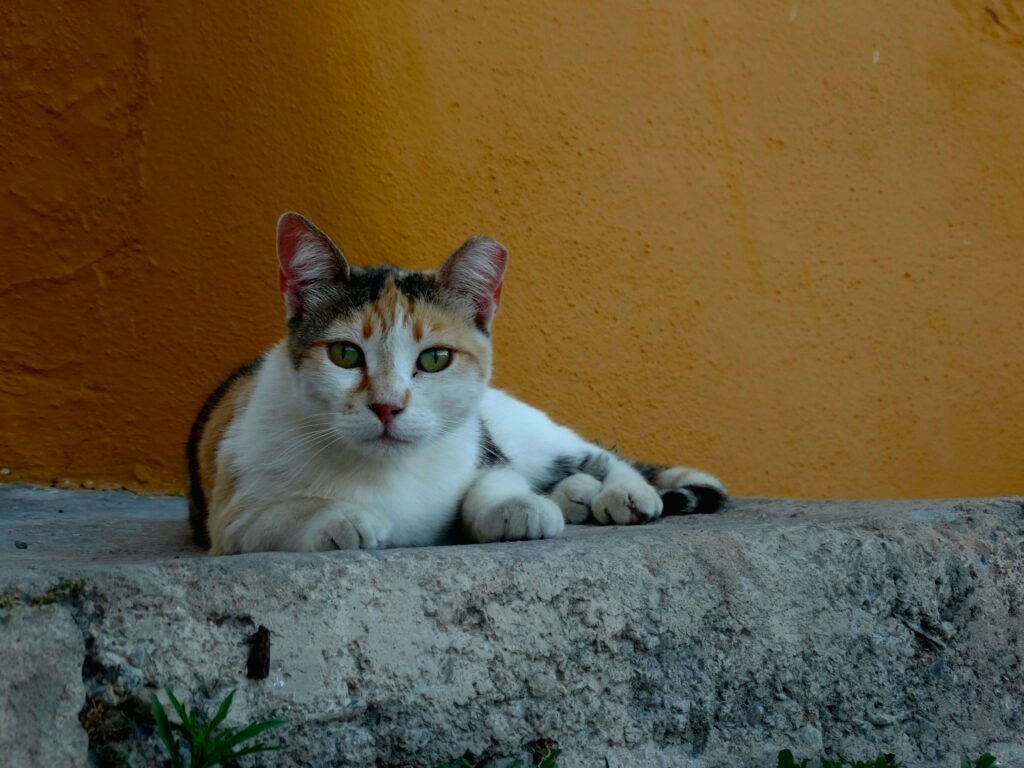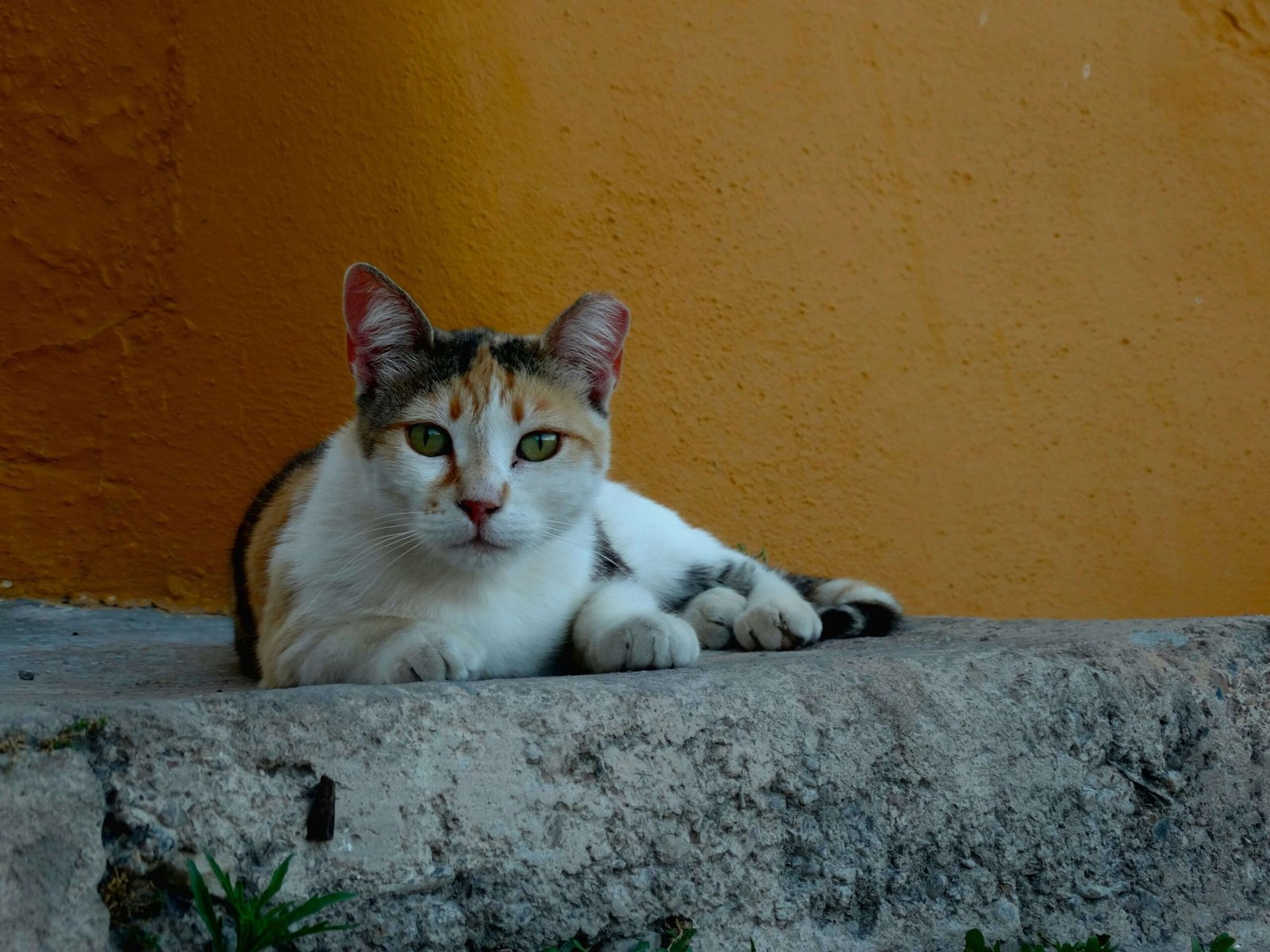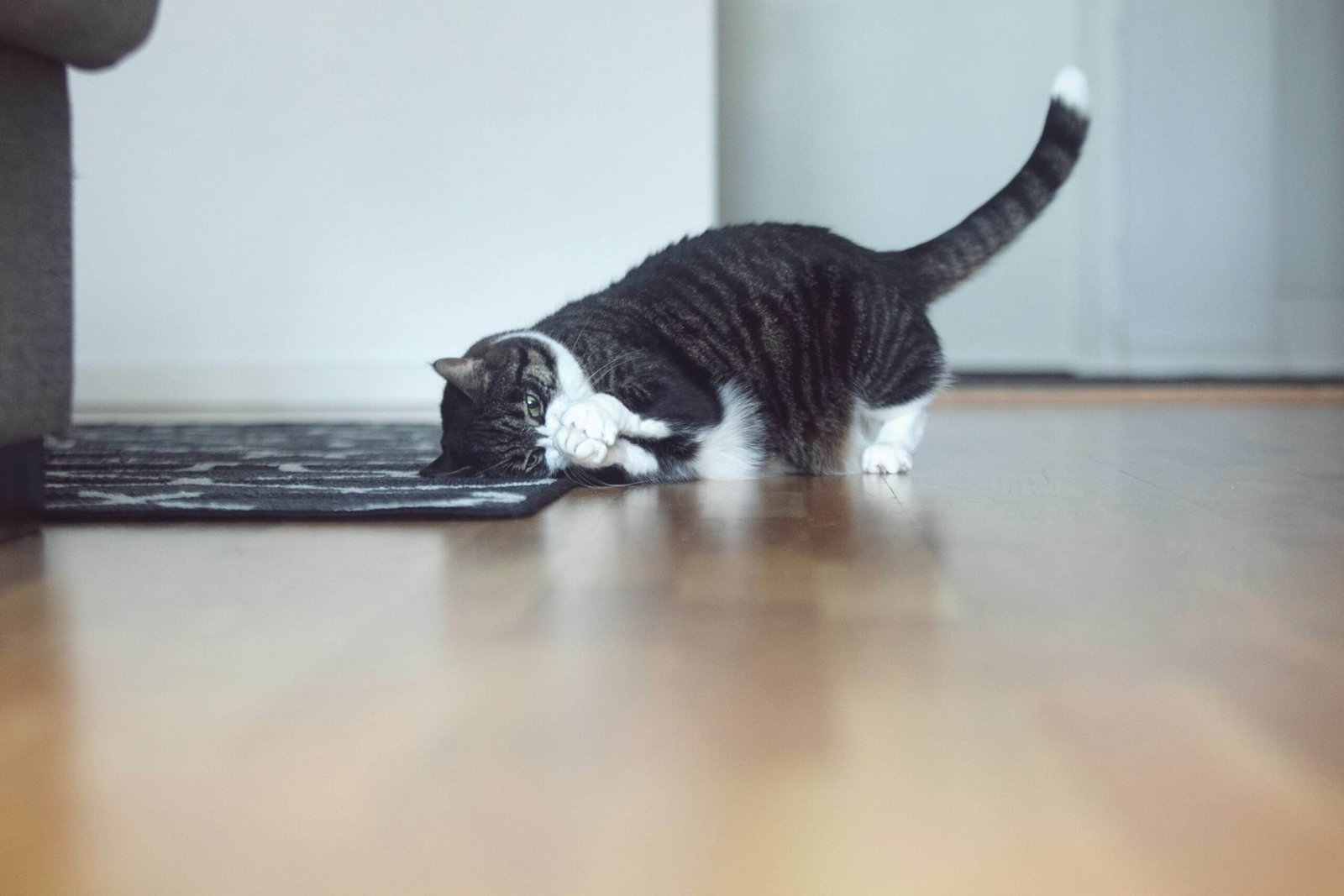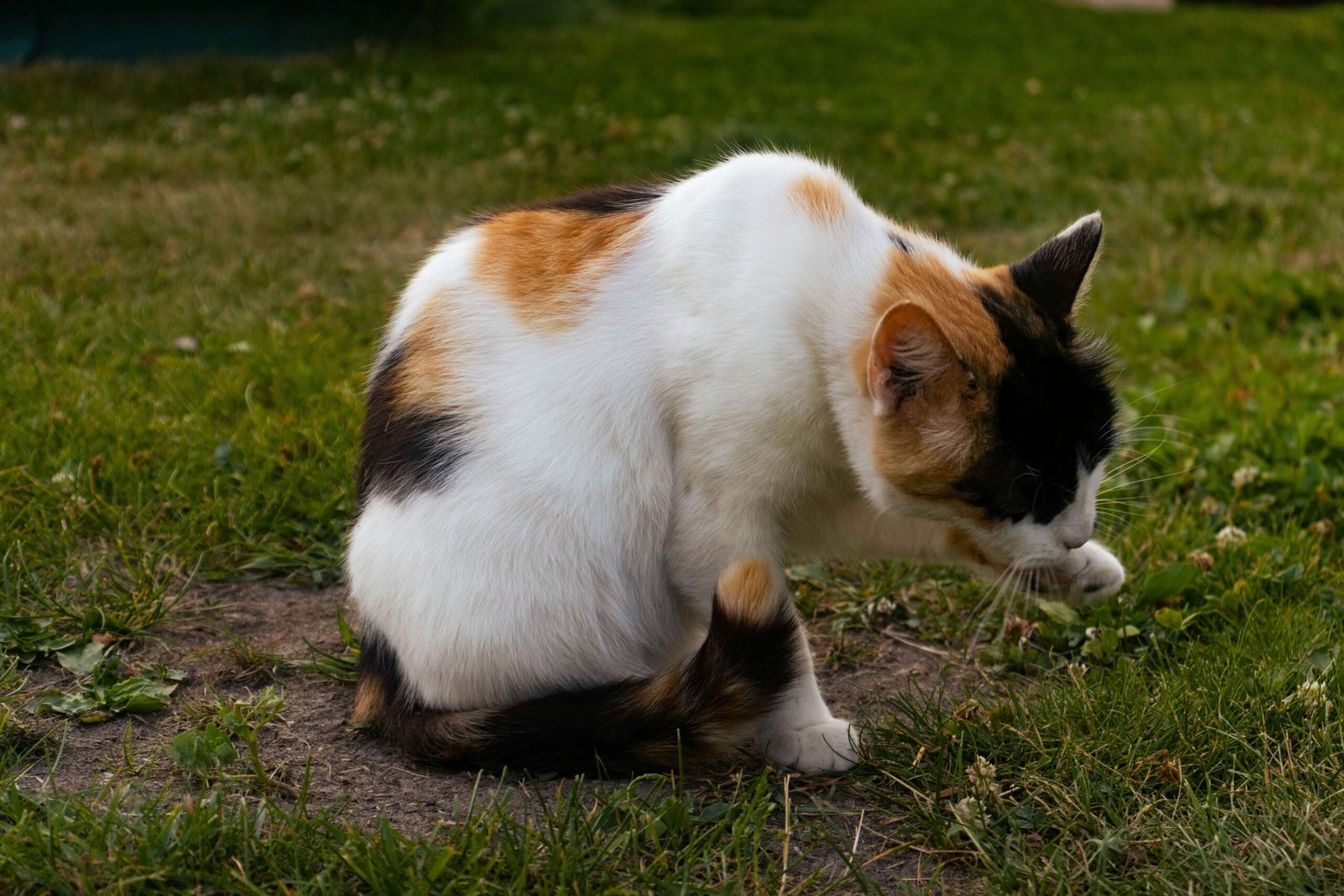Why Does My Cat Stink? Unraveling the Mystery Behind Your Furry Friend’s Odor
Cats are known for their cleanliness. They spend hours grooming themselves, meticulously licking their fur to keep it pristine. So, when your feline companion suddenly starts emitting an unpleasant odor, it can feel alarming and confusing. Is it something they ate? A sign of illness? Or perhaps an environmental factor at play? Understanding why your cat smells bad is the first step toward addressing the issue and ensuring your pet stays healthy and happy. In this blog post, we’ll dive into the common causes of foul odors in cats and provide practical solutions to help you restore harmony (and fresh air) to your home.
Common Causes of Unpleasant Cat Odors
If you’ve noticed a persistent smell coming from your cat, don’t panic just yet. There are several potential reasons behind the odor, ranging from harmless quirks to more serious health concerns. Below, we explore some of the most common culprits:
Poor Grooming Habits
While cats are natural groomers, factors like obesity or arthritis can limit their ability to reach certain areas of their body. This may lead to dirt buildup and an unpleasant smell.Dietary Issues
Certain foods can affect your cat’s breath or even their skin oils, which might contribute to an unusual odor. Low-quality diets or sudden dietary changes are often to blame.Litter Box Problems
If your cat isn’t cleaning themselves properly after using the litter box, fecal matter or urine can cling to their fur, creating a strong smell.External Parasites
Fleas and ticks not only irritate your cat but also produce waste that contributes to a musty odor. Additionally, excessive scratching can lead to skin infections that worsen the smell.Environmental Factors
Sometimes, the source of the odor isn’t your cat at all—it could be something they rolled in or came into contact with outside.
By identifying the root cause, you can take targeted steps to eliminate the odor and ensure your cat remains comfortable. Remember, addressing these issues promptly is key to maintaining both your cat’s well-being and your household’s ambiance.
Health Conditions That May Cause Bad Smells
If none of the above explanations seem to fit, it’s possible that your cat’s odor stems from an underlying medical condition. Cats are masters at hiding discomfort, so subtle signs like a change in scent shouldn’t be ignored. Here are some health-related causes to consider:
Dental Disease
Dental issues such as gingivitis, tartar buildup, or tooth decay can result in chronic bad breath. These conditions require professional attention to prevent further complications.Ear Infections
Yeast or bacterial infections in the ears often produce a distinct, yeasty smell. You might also notice redness, swelling, or discharge if this is the case.Skin Infections
Bacterial or fungal infections on the skin can cause an offensive odor. Look for symptoms like hair loss, scabs, or excessive scratching.Anal Gland Problems
Impacted or infected anal glands can release a fishy smell. This issue typically requires veterinary intervention to resolve.Kidney or Liver Disease
Systemic illnesses affecting internal organs can sometimes manifest as unusual odors on your cat’s breath or coat. Early detection is crucial for managing these conditions effectively.
If you suspect any of these health issues, consult your veterinarian immediately. Timely diagnosis and treatment can make all the difference in restoring your cat’s health—and eliminating unwanted smells.
Check this guide 👉Top 5 Premium Cat Shampoos for Ultimate Feline Grooming!
Check this guide 👉Top 4 Best Cat Perfume Products to Keep Your Feline Fresh!

Cause of Odor | Possible Solutions |
|---|---|
Poor grooming | Brush your cat regularly; assist older or overweight cats with cleaning. |
Dietary issues | Switch to high-quality food; avoid sudden diet changes. |
Litter box problems | Clean the litter box daily; check for proper hygiene habits. |
External parasites | Use flea treatments; consult a vet for persistent infestations. |
Skin or ear infections | Schedule a vet visit for diagnosis and medication. |
Behavioral Reasons for Unusual Smells
Sometimes, the reason your cat stinks has less to do with health and more to do with behavior. Cats are curious creatures, and their antics can occasionally lead to undesirable consequences. Consider the following behavioral triggers:
Rolling in Strange Substances
Cats love to rub against or roll in things that intrigue them—whether it’s mud, grass, or something far less pleasant.Marking Territory
Spraying urine is a common way for cats to mark their territory. This behavior is particularly prevalent in unneutered males but can occur in females too.Exploring Tight Spaces
Cats often squeeze into small, dirty spaces where they can pick up odors from their surroundings.Playing with Food
Some cats enjoy playing with their food, which can leave bits stuck in their fur and create a lingering smell.Neglecting Bath Time
While cats generally dislike water, occasional baths may be necessary if they get into something smelly and can’t clean themselves.
Understanding your cat’s behaviors can help you anticipate and prevent situations that might lead to unpleasant odors. With patience and training, many of these habits can be managed effectively.
Preventative Measures to Keep Your Cat Fresh
Prevention is always better than cure, especially when it comes to keeping your cat smelling fresh. By incorporating a few simple practices into your routine, you can minimize the chances of encountering unpleasant odors. Here are some tips:
Regular Grooming Sessions
Establish a grooming schedule to keep your cat’s coat clean and free of tangles. Use a soft brush to remove loose hair and debris.Frequent Litter Box Cleaning
Scoop the litter box at least once a day and replace the litter weekly to maintain cleanliness.Routine Vet Check-Ups
Regular veterinary visits can help catch potential health issues early before they escalate into bigger problems.Balanced Diet
Feed your cat a nutritious diet tailored to their age, size, and activity level to support overall health and reduce odor-causing digestive issues.Safe Play Areas
Create a safe, clean environment for your cat to explore indoors, minimizing exposure to harmful substances or unsanitary conditions.
By adopting these preventative measures, you can ensure your cat stays fresh-smelling and healthy for years to come.
Environmental Factors Contributing to Cat Odors
While many odor issues stem from your cat’s health or behavior, environmental factors can also play a significant role. Cats are naturally curious and often interact with their surroundings in ways that leave them smelling less than fresh. Here are some common environmental contributors:
Outdoor Exposure
Cats allowed outdoors may come into contact with mud, garbage, or decaying organic matter, all of which can cling to their fur.Household Cleaning Products
Strong-smelling cleaning agents or air fresheners can linger on surfaces and transfer to your cat’s coat during grooming.Dirty Bedding or Furniture
If your cat frequently lounges on unwashed blankets or furniture, these items can harbor odors that transfer to your pet.Proximity to Other Pets
Multi-pet households may experience odor crossover, especially if one animal has a particularly strong scent.Ventilation Issues
Poor airflow in your home can trap odors, making it seem like your cat is the source when it’s actually the environment.
By addressing these environmental factors, you can help reduce unwanted smells and create a fresher living space for both you and your cat.
Signs That Your Cat’s Odor Is a Health Warning
Not all odors are harmless, and some may indicate underlying health problems that require immediate attention. Recognizing the signs early can make a significant difference in your cat’s well-being. Here are key indicators that the smell might be linked to a medical issue:
Persistent Bad Breath
Chronic halitosis could signal dental disease, kidney issues, or gastrointestinal problems.Foul-Smelling Ears
A yeasty or musty ear odor often points to an infection caused by bacteria or yeast overgrowth.Oily or Greasy Fur
Excess oil production on the skin can result from hormonal imbalances or dietary deficiencies.Frequent Sneezing or Nasal Discharge
These symptoms accompanied by an odd smell may indicate respiratory infections or foreign objects in the nasal passages.Swollen or Red Skin Areas
Inflamed skin with a noticeable odor can suggest bacterial or fungal infections requiring treatment.
If you notice any of these signs, schedule a vet appointment promptly. Early intervention can prevent minor issues from escalating into major health concerns.
Grooming Tips to Keep Your Cat Smelling Fresh
Regular grooming is essential for maintaining your cat’s hygiene and preventing unpleasant odors. Even if your cat is a diligent self-groomer, they may still need your help to stay clean and fresh. Here are some practical grooming tips:
Brush Their Coat Daily
Regular brushing removes loose hair, dirt, and debris, reducing the risk of matting and odor buildup.Check Their Paws Frequently
Cats’ paws can trap dirt and litter, leading to unpleasant smells. Wipe them gently with a damp cloth after outdoor adventures or litter box use.Clean Around Their Eyes and Ears
Use a soft, damp cloth to wipe away tear stains or earwax buildup, which can contribute to odors if left unattended.Trim Their Nails Regularly
Long nails can harbor bacteria and dirt, so keep them trimmed to maintain cleanliness.Use Pet-Safe Deodorizers Sparingly
If needed, opt for non-toxic sprays designed specifically for pets to freshen up their coat without irritating their skin.
Incorporating these grooming practices into your routine will not only keep your cat smelling great but also strengthen your bond through positive interactions.
Frequently Asked Questions About Cat Odors
Why does my cat’s breath smell bad?
Bad breath in cats can indicate dental disease, poor oral hygiene, or dietary issues. Consult a vet to rule out serious problems.
How often should I bathe my cat?
Most cats rarely need baths since they groom themselves. However, occasional bathing may be necessary if they get into something smelly.
Can stress cause my cat to smell bad?
Stress can lead to overgrooming or neglecting grooming altogether, both of which can contribute to odors. Addressing the source of stress can help.
What should I do if my cat smells like poop?
Check their rear end for fecal matter or impacted anal glands. If the problem persists, seek veterinary advice.
Are certain breeds more prone to odors?
Long-haired breeds may trap more dirt and require extra grooming, while flat-faced breeds like Persians are prone to dental issues that can cause bad breath.
Final Thoughts: Keeping Your Cat Happy and Fresh
Dealing with a smelly cat can be frustrating, but remember that odors are usually a symptom of an underlying issue rather than a standalone problem. Whether it’s a minor grooming oversight, a dietary adjustment, or a trip to the vet, addressing the root cause will benefit both you and your furry friend. By staying attentive to your cat’s needs and implementing preventative care, you can enjoy a harmonious, odor-free home. After all, a happy cat makes for a happy household!
Understanding Cat Straining to Pee: Best 7 Health Tips! Discover causes, symptoms, and solutions for your cat's urinary issues. Act now!
Understanding Why Cats Arch Their Backs: Best 7 Expert Tips! Discover the reasons behind this fascinating behavior and how to interpret your cat's signals like a pro.
Why Is My Cat Staring at Me? Best 7 Behavior Tips! Discover the reasons behind your cat's intense gaze and learn how to decode their behavior effectively.
Why Does My Cat Stink? Best 7 Expert Tips! Discover common causes of cat odors and effective solutions to keep your feline friend fresh and healthy.




